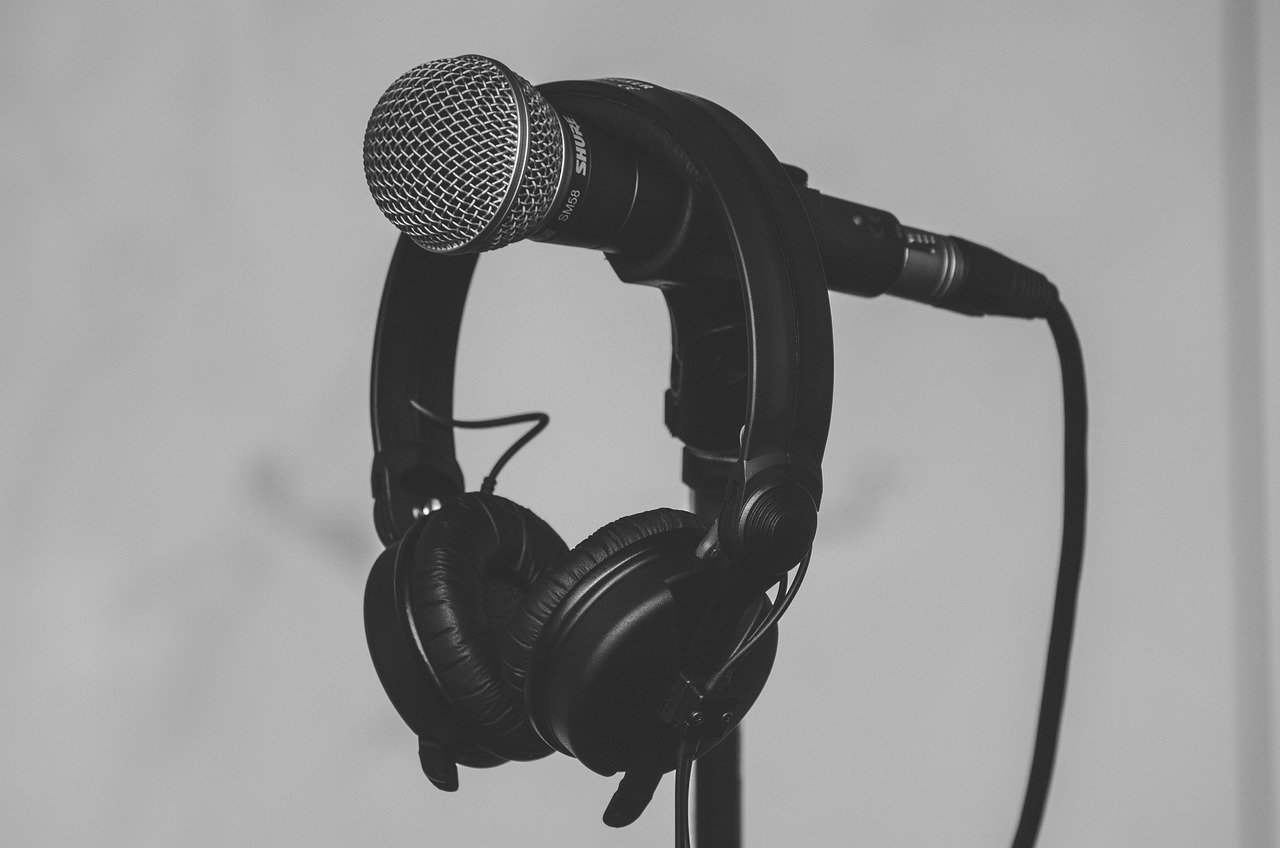Dear Audiobook Narrator
 Dear Audiobook Narrator,
Dear Audiobook Narrator,
I’ve recently begun to listen to audiobooks, almost exclusively. My eyes have gotten tired from so many hours on the computer, and I also have a cataract developing in each eye (to be dealt with later this summer). Listening to audiobooks allows my eyes the rest they need and deserve. More importantly, though, audiobooks allow me to escape into the book world and shut out the rest of my environment, at least for a little while.
And yes, I recognize my behavior as a coping mechanism for keeping the anxiety at manageable levels.
But I digress. First and foremost, thank you so much for the job you do. My reading tastes are varied, so over the past several months I’ve listened to all sorts of novels and nonfiction: thrillers, women’s fiction, romance, historical fiction, memoir, self-help, and essay collections. Some of the books have been aptly narrated by their authors (I’m looking at you, John Green and Ta-Nehisi Coates, two of my favorite people to listen to), while others have been narrated by popular audiobook narrators (Julia Whelan, Vivienne Leheny, Jack Hawkins). My thanks go out to all the people involved in creating an audiobook; it takes time, attention, and skill.
Every once in a while, though, I come across one of you who just doesn’t quite nail the task. Two weeks ago, it happened, and the culprit? The odd placement of pauses in the sentences. They seemed needless at times and in the wrong places at other times. And I kept asking myself: Were the pauses on the request of the author, or did you, the narrator, take it upon yourself to make these judgment calls?
To get a better sense of what I mean, I’m listing some anonymous quotes I found on the internet and using the ellipsis (. . .) as a way to indicate the odd pausing in the book. After all, I’m not cruel, and I don’t want to call out the book/narrator in question.
- “When you feel like . . . quitting think about . . . why you started.”
- “The first step . . . to getting anywhere is deciding . . . you’re no longer willing to . . . stay where you are.”
- “Strive . . . for progress, not perfection.”
- “Everybody wants . . . happiness, nobody wants pain, but you . . . can’t have a rainbow . . . without a little rain.”
Over and over, I stopped the book, went back fifteen seconds, and listened again. Then, I went forward, trying to find a pattern. At first I thought pauses always came after the subject of the sentence (“The dog . . . sat in the rain”). The further I listened, though, I realized that wasn’t true. The pauses seemed random and often (“My feet . . . slowly inched on the pavement”; “I look down, avoiding . . . his gaze”; “You’re giving her . . . a purpose”).
Eventually, I was spending so much time trying to figure out the odd pauses (which could be heard at any speed but sounded especially egregious at normal speed) that I wasn’t truly listening to the story. So I stopped trying to anticipate where the narrator would pause and got back to immersing myself in the fictional world.
And how was that fictional world? Well, for a thriller, it held very few true surprises. Wait, scratch that—I don’t think it held any surprises, and maybe that’s why you, dear audiobook narrator, felt the need to infuse the sentences with pauses. Was it your way to up the suspense? Make the action seem more urgent, more dire?
I don’t think so, and I’ll tell you why: After listening to the book, I looked you up online, sampled your other recordings, and—you know where this is going—recognized that same style of awkward pausing in the other books! It’s not the books, it’s you, your style, your preferred way of narrating.
Different styles of narrating are like different styles of writing; I don’t always like every one of them, and that’s fine. Not everyone likes my writing, and if I were an audiobook narrator, not everyone would like my narration style. But I have one suggestion for you, and that comes from the writer deep within me: Remember that most books have different characters with different, distinct voices. If all the characters pause in odd places, all the characters begin to sound the same. And if the characters begin to sound the same, you run the risk of having a reader put the book down. No writer or narrator wants that, you know?
Again, thank you for your time and expertise, for narrating books and opening up the world of reading to more people than ever. Much love from this writer and reader, regardless of my complaint.
All the best,
C
Image of microphone and headphones by Pexels at Pixabay.com.
